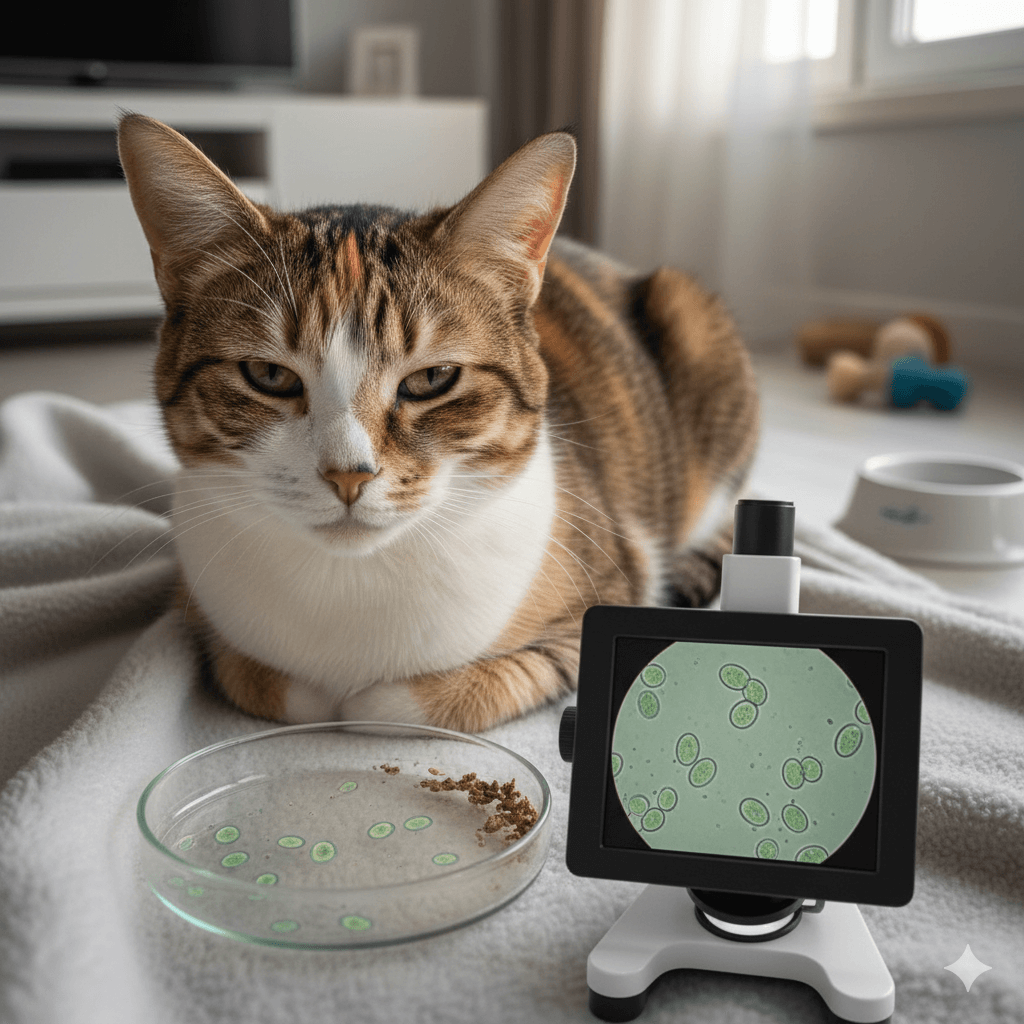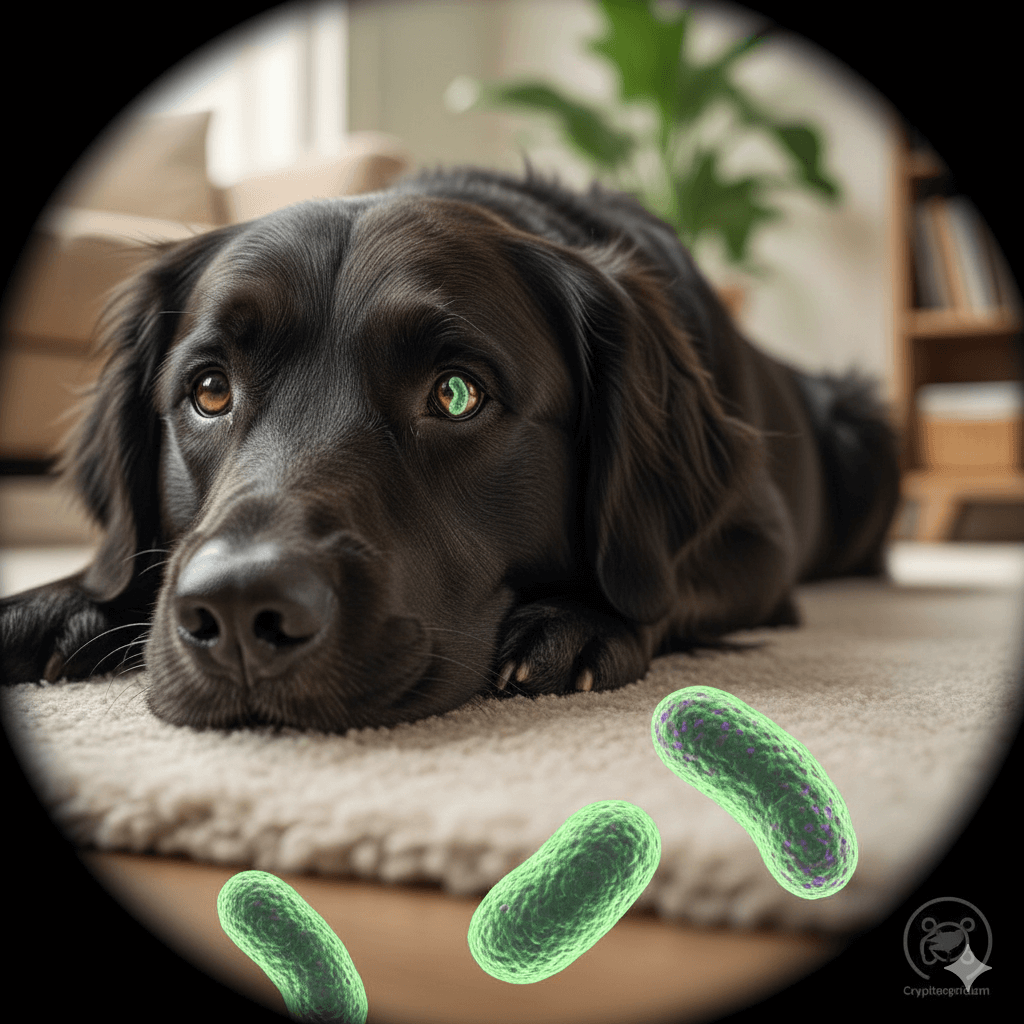Dog Organs Anatomy: Understanding Your Dog’s Inner Workings
Our dogs are more than just adorable companions—they’re complex living beings with intricate systems that keep them healthy and active. Understanding dog organs anatomy is key to ensuring their well-being, whether you’re a pet owner, a veterinary enthusiast, or simply curious about how these amazing creatures function. From the heart that pumps life-giving blood to the kidneys that filter toxins, each organ plays a vital role in maintaining your dog’s health. In this blog post, we’ll explore the major organs of a dog’s body, their functions, and why they matter. By the end, you’ll have a clearer picture of what goes on inside your furry friend and how you can support their health.
Major Organs in a Dog’s Body: What They Do
Every organ in a dog’s body has a specific function that contributes to its overall health. Let’s take a closer look at some of the most important organs and their roles:
Heart: The heart pumps oxygen-rich blood throughout the body, ensuring all organs receive the nutrients they need to function.
Lungs: These organs facilitate respiration, allowing oxygen to enter the bloodstream and carbon dioxide to exit during breathing.
Liver: The liver detoxifies the blood, metabolizes nutrients, and produces bile to aid in digestion.
Kidneys: The kidneys filter waste products from the blood and regulate hydration by producing urine.
Pancreas: This organ produces digestive enzymes and hormones like insulin, which regulate blood sugar levels.
Each of these organs works together in harmony to keep your dog alive and thriving. Understanding their functions helps us appreciate the complexity of our canine companions.
How Dog Organs Support Daily Life
Your dog’s organs don’t just exist in isolation—they actively contribute to their everyday activities and well-being. Here’s how these organs impact your dog’s daily life:
Energy Production: The liver and pancreas work together to convert food into energy, fueling playtime and exercise.
Oxygen Delivery: The heart and lungs ensure oxygen reaches muscles and tissues, enabling movement and stamina.
Waste Removal: The kidneys and liver remove toxins and waste, keeping your dog’s body clean and functional.
Digestion and Nutrient Absorption: The stomach, intestines, and pancreas break down food and absorb essential nutrients for growth and repair.
Immune System Support: Organs like the spleen and lymph nodes help fight infections and maintain overall immunity.
These processes happen seamlessly behind the scenes, but they’re crucial for your dog’s ability to live a happy, active life. Recognizing their importance can inspire better care and attention to your dog’s needs.
Check this guide 👉Understanding Dog Hock Anatomy: Best 7 Health Tips!
Check this guide 👉Understanding Dog Ear Canal Anatomy: Best 7 Expert Tips!
Check this guide 👉Dog Heart Anatomy: Best 7 Expert Tips!

Organ | Primary Function |
|---|---|
Heart | Pumps blood and distributes oxygen |
Lungs | Facilitates breathing and gas exchange |
Liver | Detoxifies blood and aids in digestion |
Kidneys | Filters waste and regulates hydration |
Pancreas | Produces enzymes and regulates blood sugar |
Common Health Issues Related to Dog Organs
Unfortunately, even the healthiest dogs can experience problems with their organs. Being aware of potential issues can help you spot symptoms early and seek treatment. Here are some common organ-related health concerns in dogs:
Heart Disease: Conditions like congestive heart failure can impair the heart’s ability to pump blood effectively.
Liver Disorders: Issues such as hepatitis or fatty liver disease can disrupt detoxification and nutrient processing.
Kidney Failure: Chronic kidney disease often affects older dogs, reducing their ability to filter waste.
Pancreatitis: Inflammation of the pancreas can lead to digestive issues and severe pain.
Respiratory Infections: Lung-related illnesses like pneumonia can interfere with oxygen intake and breathing.
Early detection and proper veterinary care are essential for managing these conditions and improving your dog’s quality of life.
Tips for Supporting Your Dog’s Organ Health
Taking proactive steps to care for your dog’s organs can prevent many health issues and extend their lifespan. Here are some practical tips to keep your dog’s organs functioning optimally:
Provide a Balanced Diet: High-quality food rich in nutrients supports organ function and overall health.
Ensure Regular Exercise: Physical activity strengthens the heart, lungs, and muscles while promoting healthy circulation.
Maintain Proper Hydration: Adequate water intake supports kidney function and prevents dehydration.
Schedule Routine Vet Check-Ups: Regular exams can catch early signs of organ-related problems before they worsen.
Avoid Toxins: Keep harmful substances like chemicals, certain plants, and human medications away from your dog.
By prioritizing these practices, you can help protect your dog’s organs and ensure they remain healthy for years to come.
Recognizing Early Warning Signs for Better Health Outcomes
Catching organ-related issues early can make a significant difference in your dog’s prognosis. By being vigilant and observing changes in behavior or physical condition, you can address potential problems before they escalate. Here are some signs to watch for:
Lethargy or Weakness: A sudden lack of energy may indicate an underlying issue with the heart, liver, or kidneys.
Changes in Appetite: Loss of appetite or refusal to eat can signal digestive or liver problems.
Increased Thirst or Urination: Excessive drinking and urination often point to kidney or bladder issues.
Vomiting or Diarrhea: Persistent gastrointestinal symptoms can indicate pancreas or liver dysfunction.
Swelling or Abdominal Distension: A bloated abdomen may suggest liver disease or fluid retention caused by organ failure.
By recognizing these signs early, you can seek veterinary care promptly and improve your dog’s chances of recovery.
How Breed-Specific Traits Impact Organ Function
Genetics play a significant role in determining a dog’s susceptibility to certain organ-related conditions. Some breeds are predisposed to specific health issues due to their genetic makeup. Here’s how genetics can influence organ health:
Heart Conditions in Large Breeds: Breeds like Great Danes and Doberman Pinschers are prone to dilated cardiomyopathy, affecting heart function.
Liver Shunts in Small Breeds: Yorkshire Terriers and Maltese dogs are more likely to develop portosystemic shunts, impacting liver health.
Kidney Issues in Older Dogs: Aging dogs, especially smaller breeds, are at higher risk for chronic kidney disease.
Pancreatitis in Overweight Dogs: Certain breeds, like Miniature Schnauzers, are genetically predisposed to pancreatic inflammation.
Respiratory Problems in Brachycephalic Breeds: Flat-faced breeds like Bulldogs and Pugs often struggle with lung and airway issues.
Understanding breed-specific risks allows you to take preventive measures and work closely with your vet to monitor your dog’s health.
Supporting Your Dog’s Organs with Natural Solutions
While veterinary care is essential, certain supplements and natural remedies can complement traditional treatments and support your dog’s organ health. Always consult your vet before introducing new products. Here are some options to consider:
Milk Thistle for Liver Support: This herb contains silymarin, which helps protect and regenerate liver cells.
Omega-3 Fatty Acids for Kidneys: Found in fish oil, these reduce inflammation and support kidney function in dogs with chronic kidney disease.
Probiotics for Digestive Health: Beneficial bacteria improve gut health and aid the pancreas in digestion.
Coenzyme Q10 for Heart Health: This antioxidant supports heart muscle function and energy production.
Dandelion Root for Detoxification: Often used to support liver and kidney function by promoting detoxification and urine production.
Incorporating these natural remedies under professional guidance can enhance your dog’s overall well-being and organ function.
Frequently Asked Questions About Dog Organs Anatomy
What are the main organs in a dog’s body?
The main organs include the heart, lungs, liver, kidneys, and pancreas, each performing vital functions.
How do I know if my dog has an organ problem?
Symptoms like lethargy, loss of appetite, vomiting, or changes in urination can indicate organ issues; consult a vet for diagnosis.
Can diet affect my dog’s organ health?
Yes, a poor diet can strain organs like the liver and kidneys, while a balanced diet supports their function.
What causes kidney failure in dogs?
Causes include aging, infections, toxins, and underlying diseases like diabetes or high blood pressure.
How can I improve my dog’s liver health?
Provide a nutritious diet, avoid toxic substances, and consider supplements like milk thistle under veterinary guidance.
Final Thoughts: Appreciating the Complexity of Dog Organs Anatomy
Understanding dog organs anatomy gives us a deeper appreciation for the incredible biological processes that keep our furry friends alive and thriving. Each organ plays a unique and vital role, working tirelessly to support your dog’s daily activities and overall health. By learning about these systems and taking steps to care for them, you can ensure your dog enjoys a long, happy, and healthy life. Remember, your veterinarian is your best ally in maintaining your dog’s organ health, so don’t hesitate to reach out with any concerns. After all, a healthy dog is a happy dog—and that’s something worth celebrating!
Understanding Cryptosporidium in Cats: Best 7 Expert Tips! – Spot symptoms, treat safely, and stop parasite spread in your home.
Understanding Cryptosporidium in Dogs: Best 7 Expert Tips! – Learn symptoms, treatment & prevention for this stubborn gut parasite.
Understanding Syringomyelia in Cats: Best 7 Expert Tips! – Recognize signs, manage pain, and support your cat’s neurological health with vet-backed guidance.
Understanding Syringomyelia in Dogs: Best 7 Expert Tips! – Expert insights on symptoms, MRI diagnosis, pain management & quality of life.





